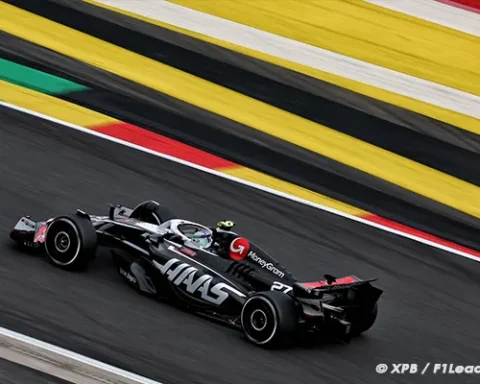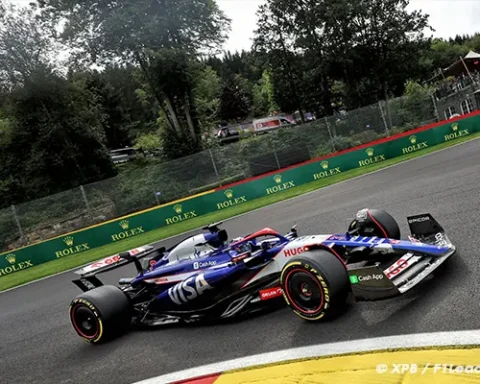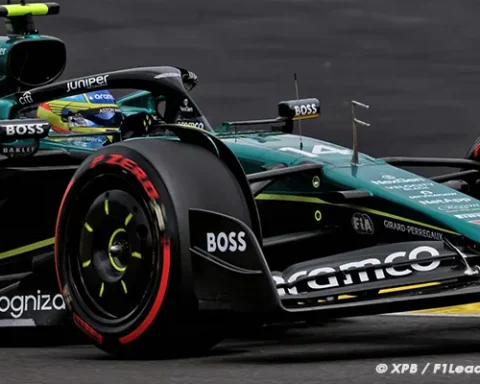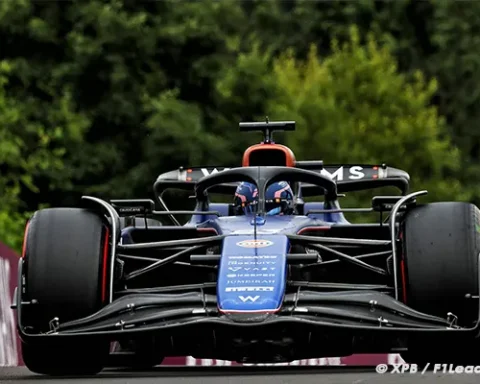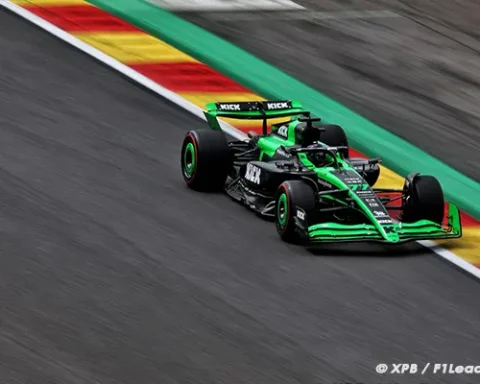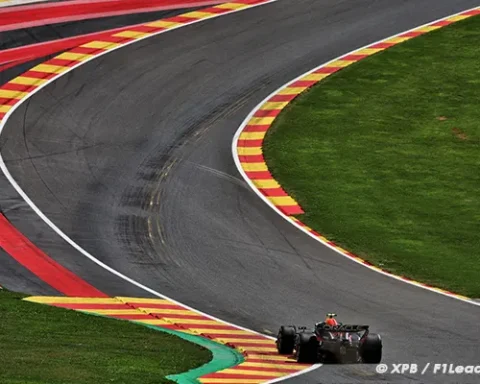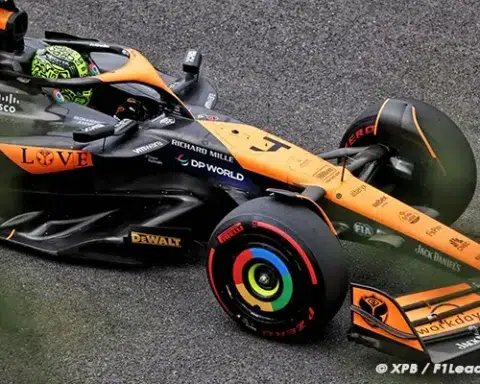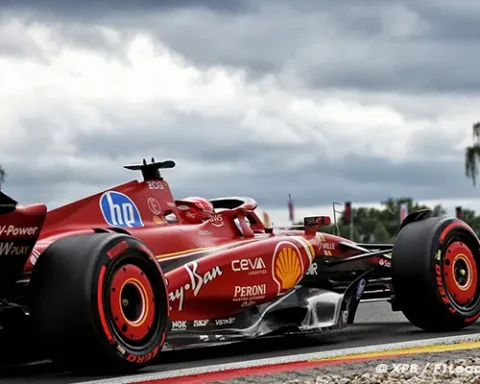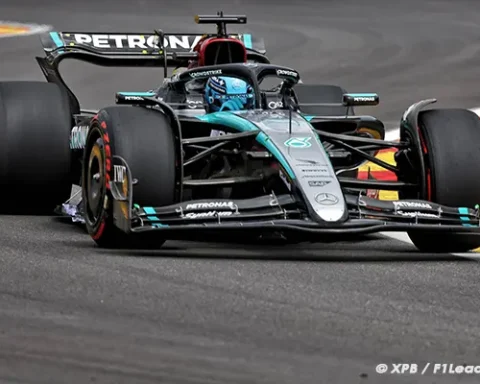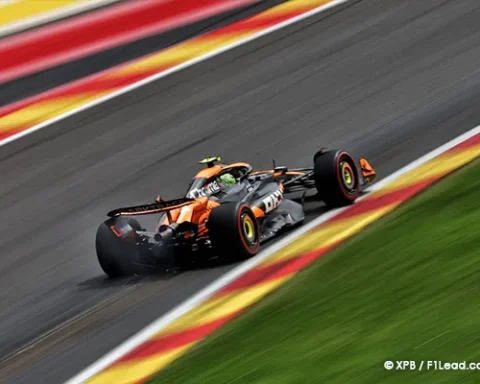Christian Horner highlights a significant hurdle as Red Bull Powertrains preps for a 2026 debut, facing a historical 70-year disadvantage against seasoned manufacturers like Ferrari.
Christian Horner states that his new Red Bull Powertrains department is on track but is catching up to a “70-year disadvantage” against Ferrari.
Red Bull will enter F1 as a full engine manufacturer in 2026, having established “Red Bull Powertrains” following Honda’s official exit from power unit supply.
Red Bull was forced to seek a new engine supplier after Honda’s departure at the end of 2021.
Although a deal was struck with Honda to continue receiving power units under a supply agreement while an engine freeze was introduced, eliminating the need for extensive research and development, a new arrangement was necessary for the upcoming regulatory cycle in 2026.
While Honda has since reversed its decision to leave and has signed a new deal with Aston Martin to officially return as a supplier, Red Bull had to take steps to protect its own competitiveness without Honda’s partnership.
Unlikely to obtain power unit supplies from Ferrari or Mercedes, and unwilling to partner again with Renault, Red Bull created “Red Bull Powertrains” and, with a partnership with Ford, will be an independent manufacturer of chassis and engines starting in 2026.
This means Red Bull joins Ferrari, Mercedes, and Renault/Alpine as a constructor mastering 100% of its future F1s.
The task of creating a new power unit from scratch is no small feat, and Horner laughed as he pointed out that some of Red Bull’s rivals had been creating their own engines since their very first day in F1.
“I can say this, we are on a steep learning curve, where we have a 70-year disadvantage compared to Ferrari,” highlighting the long presence of the Italian manufacturer in F1, creating its own engines since 1950.
“But we have a great group of people, we’re applying the same philosophy to the chassis and to the engine – it’s a different challenge.”
“With the 2026 engine, there’s no guarantee of competitiveness, and it’s unclear where others stand with these new regulations.”
The technical challenge facing all manufacturers is huge, and Horner noted that Red Bull Powertrains did not have a starting base like the others.
“It’s a blank slate and we don’t have the advantage of an existing engine to learn from. From a cost-cap perspective, that’s a disadvantage.”
“But at the same time, we don’t have to worry about the current engine and reliability fixes, etc., that need to be addressed.”
Despite this, Horner said that the goals that have been set in terms of development cycle and performance expectations are all being met, about 20 months before the power units are launched on a track.
“I suppose we won’t really see it until 2026, but we’re meeting our targets at this stage.”
“With just under two years to go, looking at the progress we’ve made over the past two years from scratch, it’s very impressive.”

Horner Faces 70-Year Challenge in F1 Engine Race. Horner Faces 70-Year Challenge in F1 Engine Race
- ReadMore>Komatsu Predicts Swift Driver Signings by May End
- Following us on Facebook and Twitter

